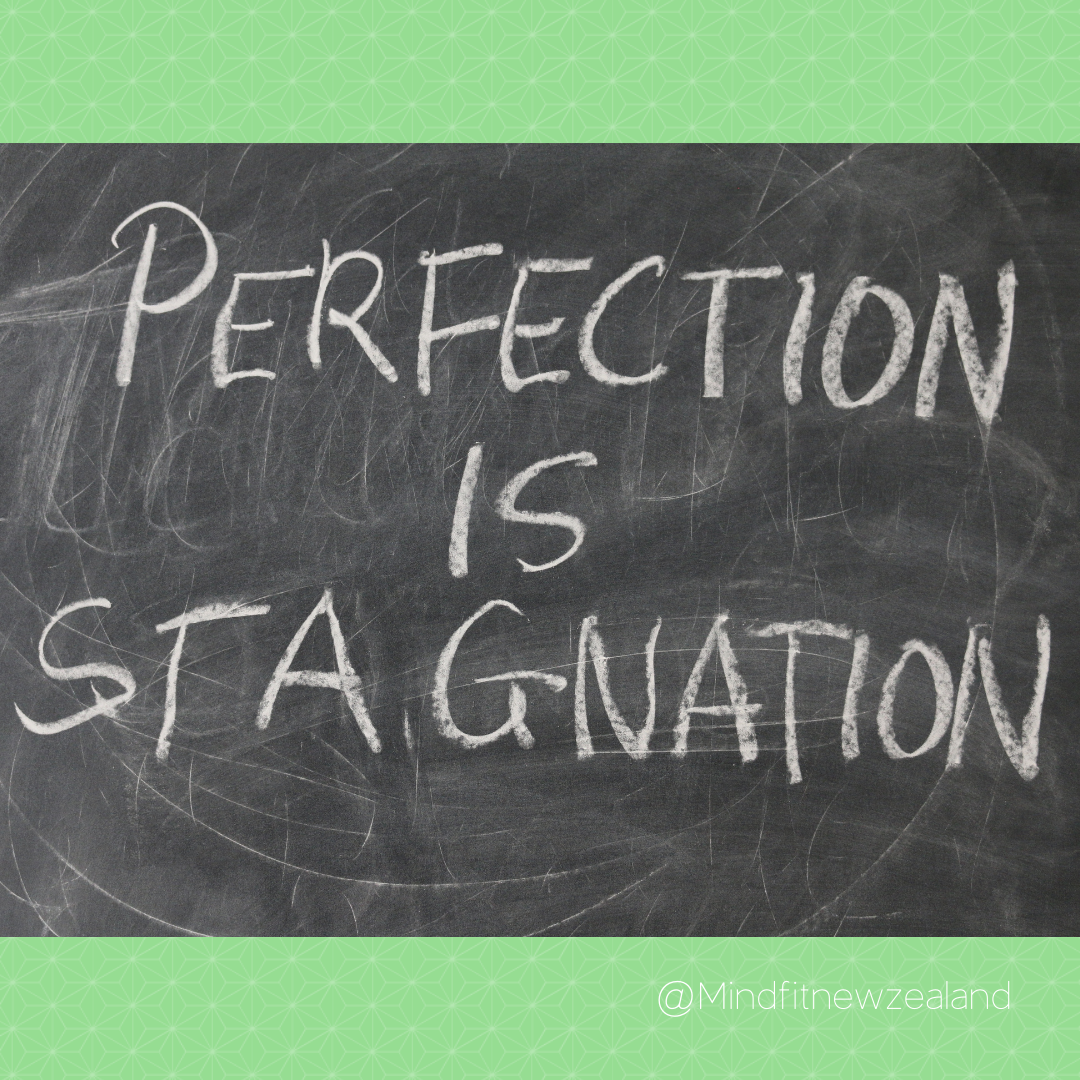TIP ELEVEN – OVERCOMING PERFECTIONISM ☀️
Who else is under perfectionism’s grip? The issue with striving for perfection is that it can keep us stuck. It can keep us afraid. It can make us hide. We seem to forget that perfect isn’t even real. And so perfectionism will have us constantly feeling as if we could have done better or worked harder. It’s a trap, and cultivating self-compassion is the way out.
– Self-compassion is talking to ourselves with the same kindness we give friends and loved ones.
– It is ensuring our needs are met (even when we feel unworthy).
– It is identifying and acknowledging our strengths (that wherever we’re at, we always have some).
– It is understanding that we are human and ALL humans struggle and want to avoid pain and suffering.
– It is practising self-forgiveness when we mess up (which we inevitably will) instead of punishing ourselves — we cannot shame ourselves into changing & beating ourselves up will only make it harder.
– It is recognising compassion and accountability go hand-in-hand, that we can talk to ourselves as we would a loved one while still brainstorming ideas and steps to make a change or repair a mistake.
– It is setting small, realistic goals & if we are unable to meet them, knowing it’s okay and that we’re not a failure.
– It is acknowledging that we are not the things that pesky inner critic tell us we are.
– It is remembering being imperfect is part of being human.
So when…
Perfectionism says do more/do better —— self-compassion says you’re doing the best you can and it’s enough.
When Perfectionism says everyone has to like you —— self-compassion says YOU have to like you.
When Perfectionism says you can’t mess up —— self-compassion says it’s okay if/when you mess up.
When Perfectionism says your worth is based on your success —— self-compassion says your worth is already inherent, regardless of your success (what a relief).
The reason perfectionism sticks around for so long and takes such an effort to change is that it serves us in some way (or at least it did in the past). We may want everything to be perfect as a way of keeping our sense of control or securing love and belonging, but the reality is, life is often beyond our control and we are already worthy of love and belonging, just as we imperfectly are. What may have once been a survival/coping method for us short-term ends up harming us long-term because the side effects of striving for something unattainable like perfection; the constant self-judgement and feeling of falling short, are exhausting and can significantly undermine our confidence and self-esteem.
As Brené Brown wisely puts it, “perfectionism is the 20-ton shield we lug around hoping it protects us from judgement, shame, and blame, when all it really does is keeps us from being seen.”
It turns out imperfect is the only option we’ve got, and that’s okay. Perfection in healing, in growth, in humanity and in life is both impossible and not required. So if you want perfectionism to start releasing it’s grip on you, here are a few ideas to help you make a start.
This week may you try to:
– Make space to be wrong without being bad
– Set realistic expectations for yourself
– Make room for your flaws to be okay
– Practice letting something be good enough (practice finishing instead of perfecting)
– Show up as your real self (start small and notice how this improves your relationships)
– Practice self-compassion
– Let others be imperfect too
Embracing our not-so-perfect self will lead to us having a better relationship with our work, our creativity, our hobbies and with our loved ones. When we show up as our imperfect selves we come across as more relatable and vulnerable and can become less stilted and brave, giving other people an opportunity to relax and do the same.
Releasing the need to be perfect will also allow us to:
- Accomplish more in a day (and in life)
- Feel less stressed or anxious about things
- Feel more worthy of love and attention just as we are (yay)
- Increase your resilience (you’ll start to bounce back faster)
- Have more fun
- Create more authentic, healthy and meaningful connections
Remember life is not a pass or fail exam, it is one big messy experiment. If making a mistake – if hurting someone, being wrong, lying, or failing means you’re a bad in some way, then we are all bad people. But we’re not! Making a mistake, being wrong and being imperfect means only one thing: we’re human.
Revising our relationship with perfectionism depends on us accessing the part of us, no matter how buried it is, that knows we are worthy in all moments and in all versions of who we are. That we don’t need to be perfect to secure love and belonging, we never did.
If perfectionism means living for others, then resisting expectations of perfection and embracing our full humanity means living for ourselves.
Journaling prompt:
- Unlearning the ways of perfectionism is a process. Begin to notice when this need for perfection is arising. What do you notice? How do you behave towards yourself? How does this pressure impact you? Your sleep? Your relationship with others? How can you introduce self-compassion in these moments?
- Write perfectionism an eviction letter – let it know, in whatever way feels right to you, that it’s no longer welcome.

